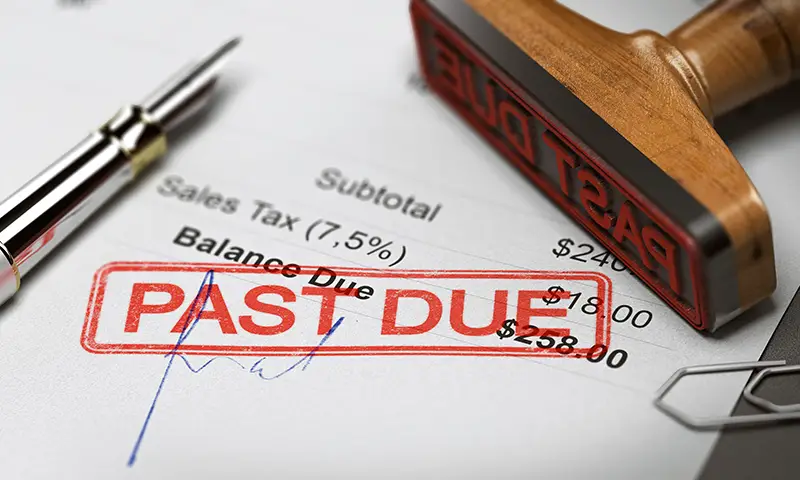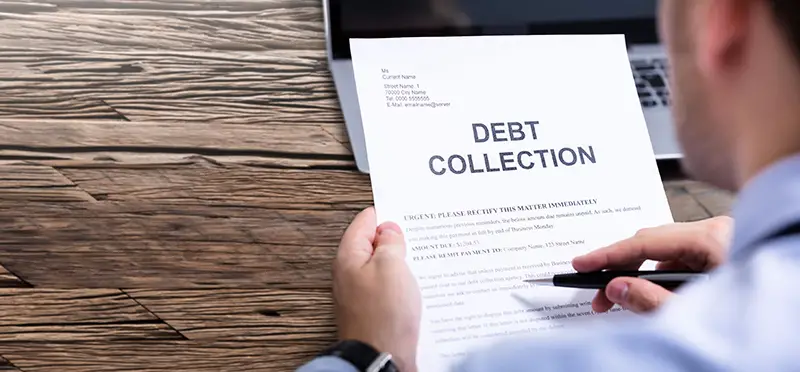Click here to get this post in PDF
For a company to succeed, one of the primary factors to consider is the aspect of debt. One way to deal with it is to keep track of your debtors. Numerous studies conducted have highlighted the issues created by delayed payments. According to Forbes Solicitors, 72% of businesses in the United Kingdom receive late payments. This can significantly impact any business, considering the average late payment burden is over GBP£30,000. This has the potential to push a company to bankruptcy. However, putting a stop to or significantly reducing the number of debtors can prevent a company from collapsing.
If you have a list of debtors in your books and it’s your first time dealing with debts, here are some do’s and don’ts of debt collection and recovery:
Dos Of Debt Collection And Recovery
No matter how challenging debt collection and recovery can be, it would help to take note of some things to do.
1. Seek For Assistance From A Debt Recovery Firm
The natural tendency for companies is to recover the debt through their means, which includes contacting debtors on their own. While many believe this is a cheaper solution, it could be a mistake and result otherwise.
For one, it can be risky because approaching a debtor without the knowledge and skills might lead to other serious problems. Additionally, recovering debts on your own means you’ll have to dedicate time and resources, which isn’t a guarantee that you’ll recover the debt.
Consulting experts, like debt recovery firms, can save you time and resources. Debt recovery firms have the knowledge, skills, and resources to recover debts successfully. That said, it’s best to read and find out more about how debt collection agencies operate.
2. Familiarise Yourself With The Local Debt Recovery
Recovering debt is a complex procedure. Fortunately, these are governed by laws that differ from one country to another. Inadequate information concerning the laws governing debt collection is a chance for knowledgeable defaulters to take action against you upon realizing a regulation has been violated.
3. Communicate With Your Debtors
You must maintain a clear line of communication with debtors to set a solid business custom and expertise as the owner. Without communication, you’ll have to deal with issues or problems that could have been settled earlier when starting the recovery process. You can use telephones, cell phones, emails, or letters as a channel to demonstrate professionalism and good business ethics.
4. Establish A Strategy For Handling Recovery Issues Early
Establish a strategy that will be executed on the debtors’ accounts beforehand. The idea is to give a loan to a client but under set repayment conditions. This will allow your customers to repay their loans in full and at the right time. The primary advantage of such a method is that you’ll be aware of your company’s financial position at all times, hence, avoiding granting excess credit.
Business owners are risk-takers. One of the significant risks is launching the business without assurance of a return on investment. Next to that is debt collection and recovery. That said, you should be prepared to handle issues related to these major risks.
Don’ts Of Debt Collection And Recovery
Aside from learning what you need to do, it would help if you’re also aware of what to avoid in debt collection. This includes the following:
1. Do Not Intimidate Or Harass Your Debtors
Getting your money back is the main agenda. But the law will always protect everybody from dangerous conduct, whether you’re an entrepreneur or a defaulter. Dangerous conduct includes coercion, harassment, or exploiting a debtor’s weakness, disorder, or related conditions. As a business owner, you should be responsible for adhering to the law; even debt recovery firms are directed and controlled by debt collection rules.
2. Do Not Wait Too Long
Follow-ups on overdue accounts are very crucial. Overlooking such accounts is a risky move. The chances of reclaiming a debt reduce the longer you take to initiate the recovery process. Because of this, debt collection and recovery are made immediately to increase the chances of full recovery.
Final Thoughts
There’s so much to absorb concerning debt collection and recovery. However, armed with the fundamental do’s and don’ts, you can easily avoid problems that might arise and impact your business negatively. It’s a highly controlled industry, making it challenging to manoeuvre if it’s your first time dealing with debt collection and recovery. A wrong move can attract costly legal action; if you are unsure what step to take, it’s advisable to consult the experts.
You may also like: Financial Advice For Small Business Owners
Image source: AdobeStock


